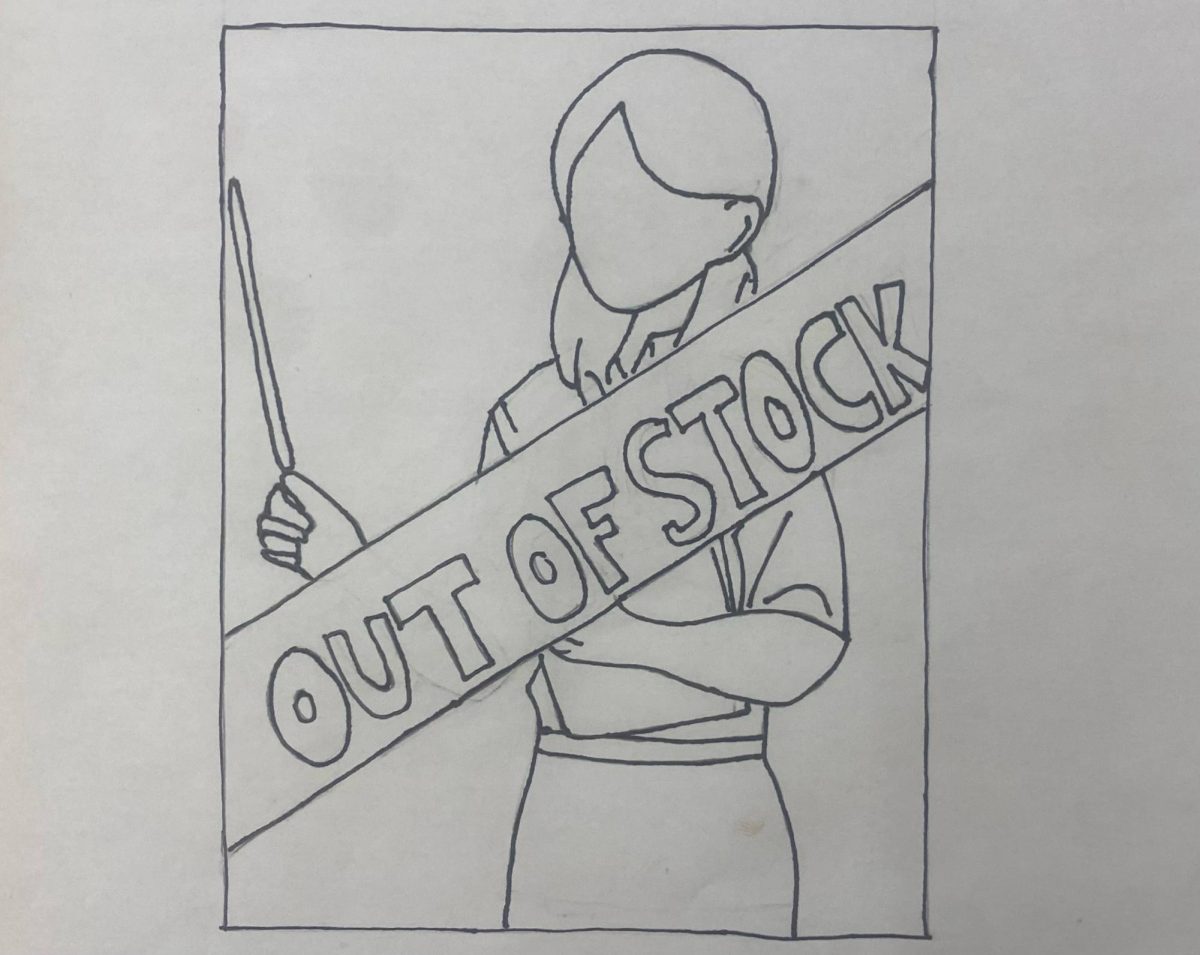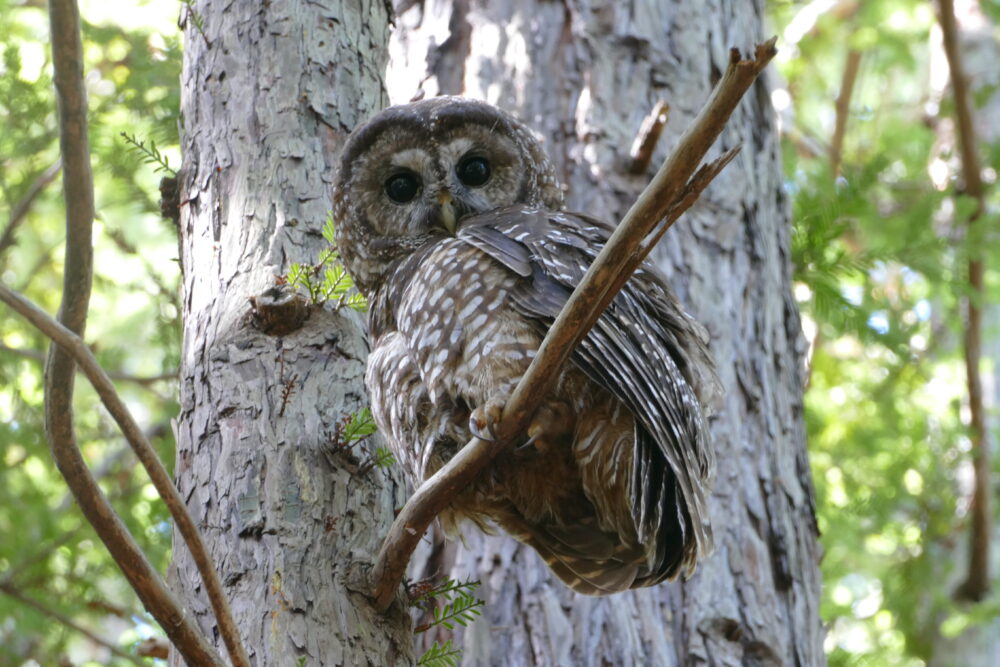Junior Karin Amir renews religious appreciation in her semester across the sea
September 15, 2019
“Through studying abroad I learned how I can improve myself because sometimes I think we lose ourselves with all the stress and craziness in the world and it’s good to take a step back and have a bird’s-eye view of everything,” junior Karin Amir said.
Traveling over 7,000 miles away from home to study in another country is not always on a typical teenager’s bucket list, however, for Amir, it was the ideal opportunity. Amir spent her spring semester of sophomore year studying in Israel. Attending Alexander Muss High School (AMHS), a pluralistic school specifically for students studying abroad, in Hod HaSharon, Israel, Amir combined Jewish Israeli studies with her previous class schedule at Redwood to fully immerse herself into the culture of her Israel and religion.
AMHS is based on university schedules, allowing for freedom and flexibility during the day. To fully expose students to the Israeli culture, students typically spent two of their five days studying out in the city to explore sites such as the Western Wall and City of David while Amir was there. They even traveled to Poland to visit the Auschwitz concentration camps.
“[When] we went to more historical sites, we would take notes and learn there which is really cool because you just got to see everything firsthand and experience it physically. It was a different type of learning was a lot more immersive,” Amir said.

Lisa Binton, Amir’s religious and Israeli history teacher at the school, enjoys the
interactive aspect of the classroom. Previously teaching at schools in San Jose and Los Angeles, Binton has experienced teaching in both the United States and Israel and has been a staff member at AMHS for the past 10 years. According to Binton, the goal of the class is to study Jewish Israeli history from the Torah all the way up to modern-day, learning partly in the classroom and in the field.
“It’s pretty crazy to be in a spot where you’re standing amongst buildings that are 2,000, 3,000 years old and telling the stories of these very people with proof in front of you. I think it’s a crazy experience to have, that people touched that same wall and had the same emotions,” Binton said.
Along with visiting important landmarks to learn about the history of Israel, Amir also visited cities across the country in order to experience different traditional practices of Judaism.
“It was really interesting because a lot of weekends we weren’t on campus and we would go to different cities and places. They each had their different traditions of how they brand Saturday night services, which is really cool. Some were more relaxed and some were more orthodox, which [was] interesting to be a part of,” Amir said.
Religion has played an important role in Amir’s life, as she has grown up influenced by her

parents’ religious beliefs. Both of her parents were born and raised in Israel: her father, Daniel Amir, from the coastal town of Haifa, and her mother, Niran Amir, from Beersheva.
“When [my wife and I] immigrated to the [United States], we tried to keep our Jewish values and Jewish traditions as the kids were born. All three [of our] kids went through Jewish preschools and then Sunday school twice a week, and continue to have a private tutor in Hebrew,” Daniel said.
Being surrounded by those who also practiced her religion was a major part of Karin’s study abroad experience. According to the USC Center for Religion and Civic Control, in Marin county in 2001, 18,500 adherents practice Judaism, making up 7.5 percent of the total county’s population. When visiting a country where Judaism makes up over 74 percent of the population, Jewish practices are more apparent.
“When you meet people that are Jewish like you, you can share other things that are more cultural rather than traditional parts of their religion–whether it be food or music. Having Jewish friends is having something that you can share, which is a big part of your life,” Karin said.
Upon returning, Karin has made a stronger effort to incorporate her religion into her everyday life.
“I definitely think [my religion has] strengthened a lot. Living in Marin and in the United States in general, I’m not surrounded by people who are similar to me in that sense and it’s always been a big part of my life,” Karin said. “Coming back, I want to make [Judaism] a bigger part of my life because you see all the benefits from it and you feel more connected and like you have a bigger community.”























